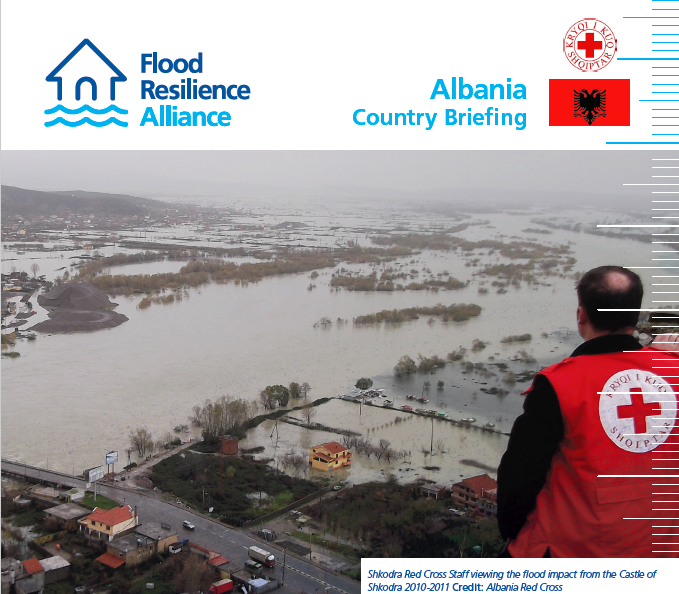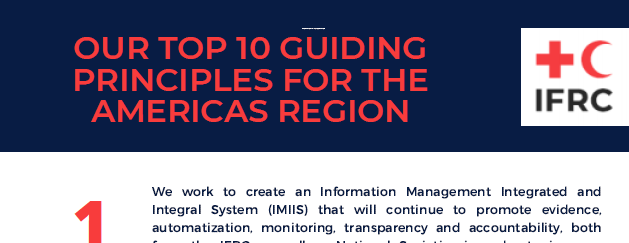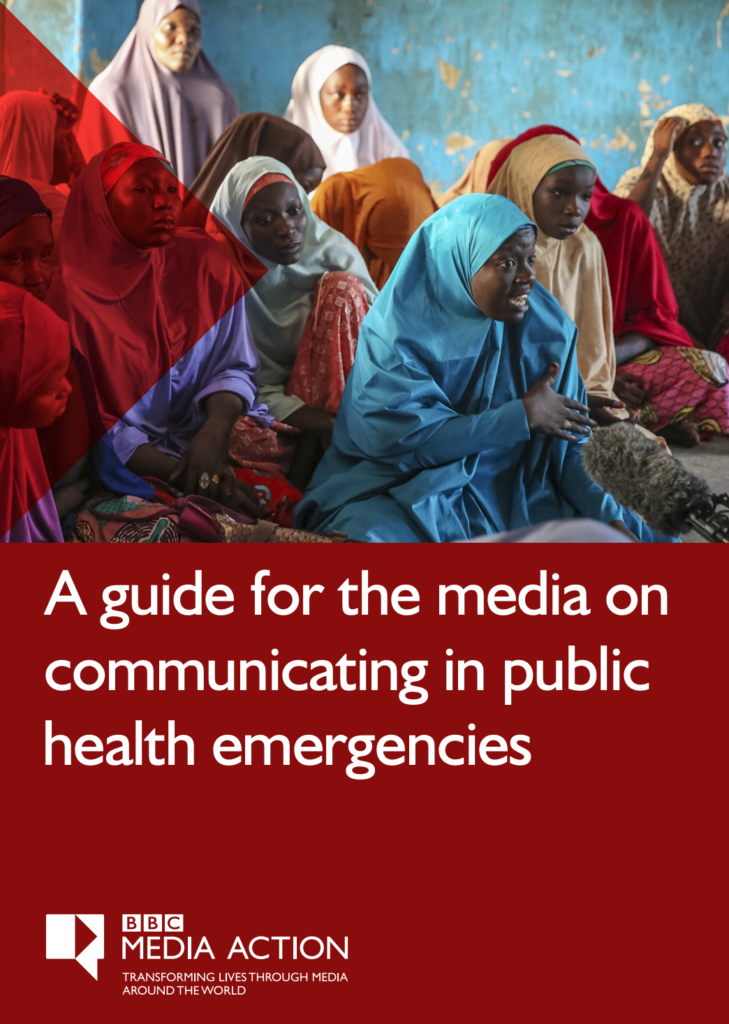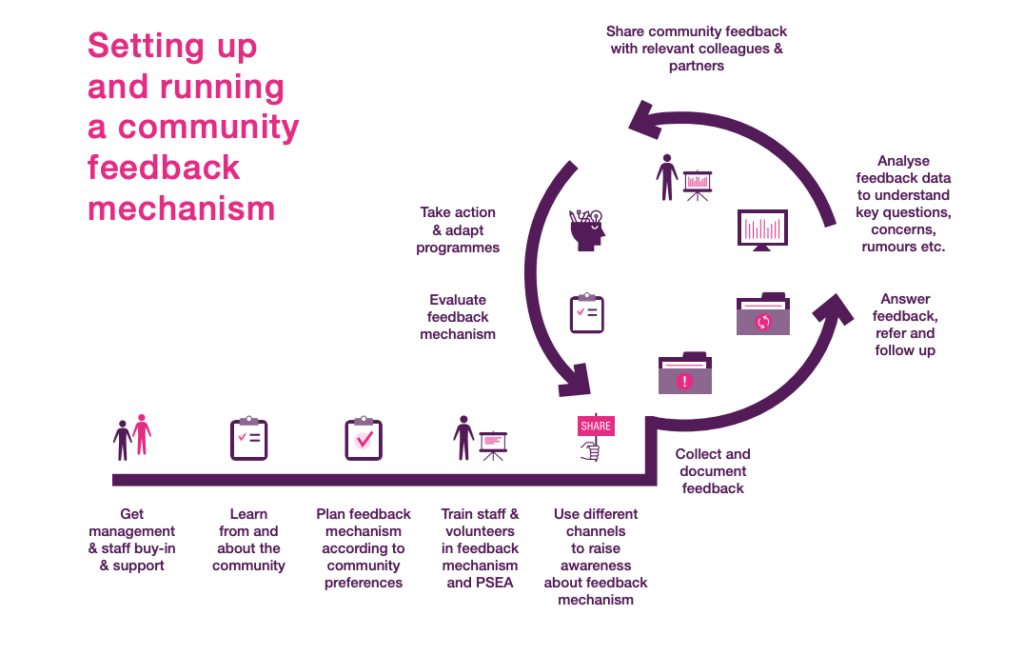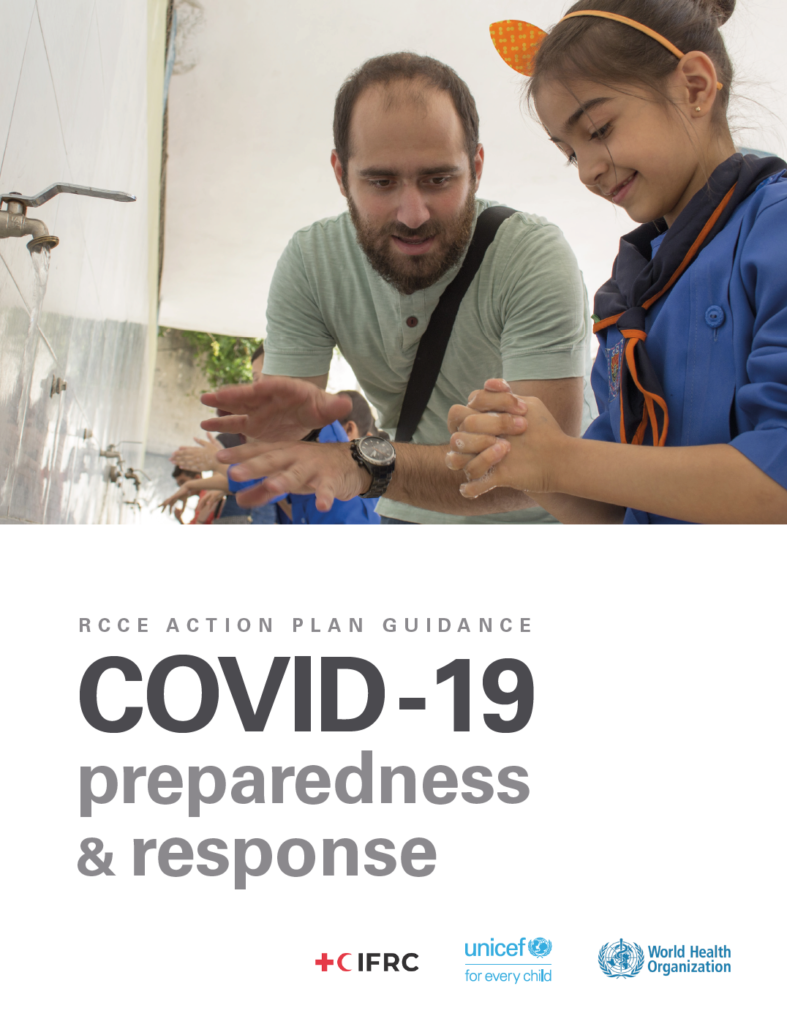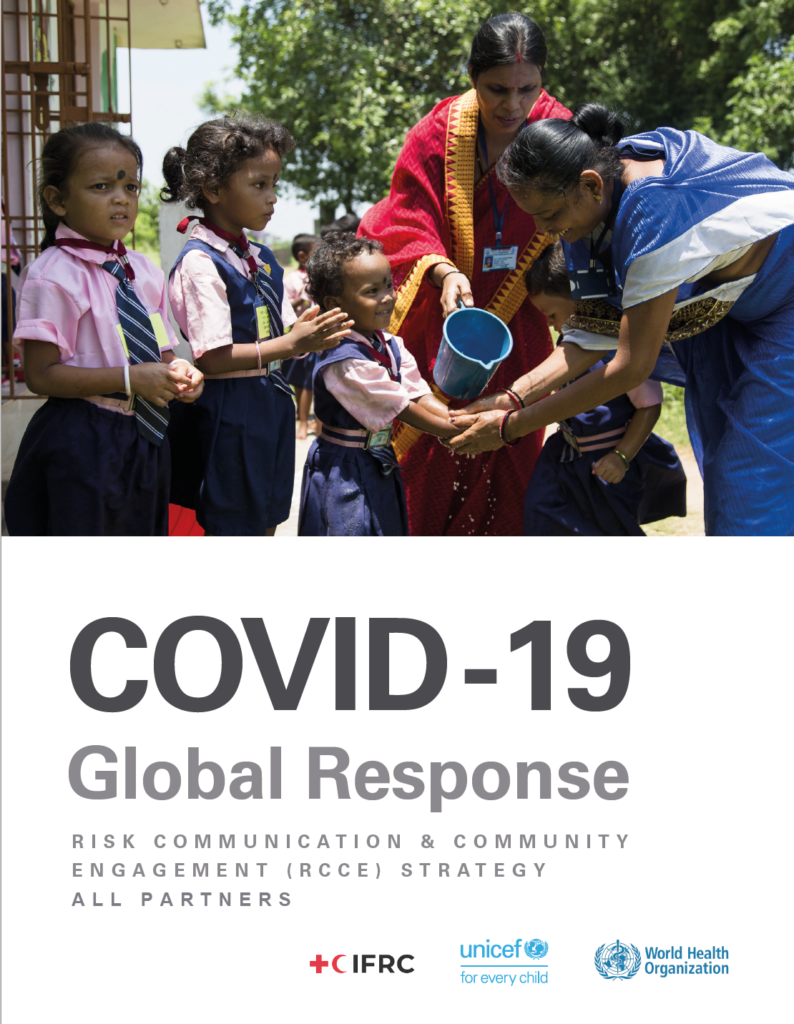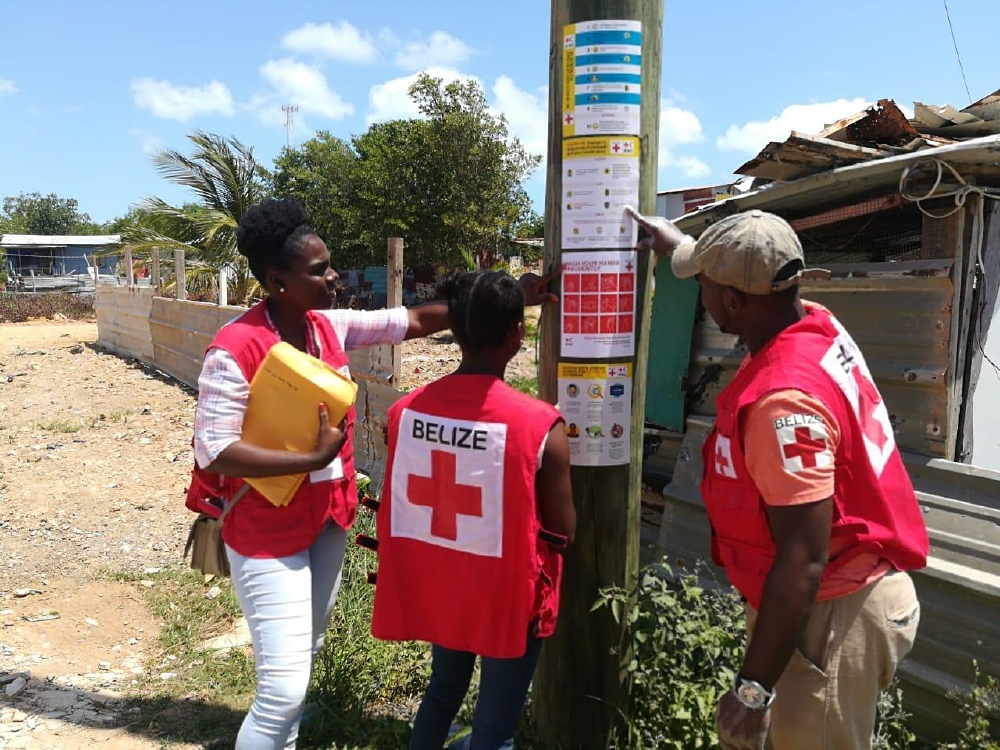Flood Resilience Alliance: Albania Country Briefing
Albania is a flood-prone country that has faced changing rainfall patterns with stronger and longer rainfall periods over the past 15 years. The inadequate infrastructure increases the severity of floods every few years in the northern part of Albania (especially in the fertile, low-lying areas of Shkoder, Lezha, Fier, and Lushnje) and landslides affect villages […]
Flood Resilience Alliance: Albania Country Briefing Read More »

